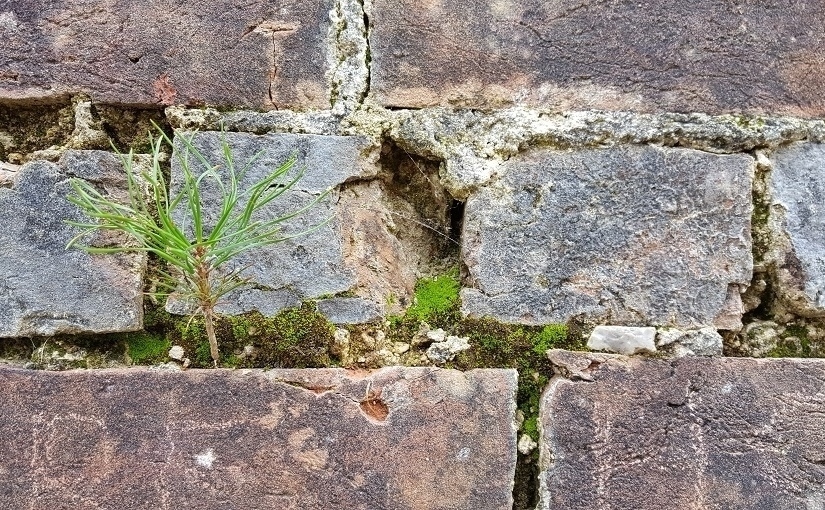With everything I’ve written about here this year, plus all those things I’ve not touched upon, there’s always the question of whether there’s much hope to be found within it all. In many ways that’s the central concern of all my writing, and it seems a reasonable endpoint for this year.
For me, there’s this sense that we’re being shaped and our lives informed by the systems we inhabit: all the ways this influences us and creates the realities we then have to live through, justify, or make our peace with (see Notes One). We might trust those systems as being the best that’s possible; grounded in a history of deep thought and moral struggle; ultimately in all our best interests; and peopled by those who respect certain principles, standards, and the need for ethical and responsible behaviour. We might believe there’s wisdom there, and that if we walk the paths we’re shown then it will work out well in the end; that its ideas and recommendations are based on an unshakeable understanding of human nature, countless variables, and all possible consequences for our collective futures.
But then, clearly, it’s becoming quite problematic in practice as we see flaws in how things are being run and undesirable impacts it’s having on our lives (Notes Two). We seem to be struggling in so many areas: effective communication; balanced and responsible economic realities that respect the dignity and value of life; inclusive and compassionate social structures and attitudes; personal or collective peace and wellbeing; this list could continue, with each word a portal into a whole world of our hopes, fears, wounds, and efforts. Understanding society, the importance of our roles within it, and the best ways to engage with that is extremely challenging and also tends to come up against efforts to guide or control us, however mistaken that may be.
Within all of that, is there cause for hope that we might be able to improve or redevelop these realities? It seems to me that people are ultimately well-meaning and generally concerned with the bigger picture of others’ suffering and expectation of happiness for now and for the future. That those values originally underpinning modern society could be reinvigorated and find stronger expression through the practicalities of everyday life. While it might be in human nature to exploit and serve our own interests, I see it’s also in the human spirit to be resilient, determined and insist that our shared way of life more accurately reflect our values and principles (Notes Three).
Of course that’s idealistic in a way, although arguably also grounded in practical realism. After all, what choice do we have? It could be that society is best seen as an ongoing project, based on a thorough understanding of what’s most important in life, and requiring our active and constructive involvement in upholding, maintaining and improving the implementation of those values. The idea of that kind of deliberate engagement seems to me where hope might still be found.
Notes and References:
Note 1: People, rules & social cohesion
Note 1: Created a system we seek to escape?
Note 1: Culture selling us meaning
Note 1: Ways of living & those who suffer
Note 2: The web and the wider world
Note 2: Does it matter if others suffer?
Note 2: Nature speaks in many ways, do we listen?
Note 2: Education with the future in mind
Note 3: Hope as a force to lead us onward
Note 3: Intrinsic values on the paths for change?
Note 3: The worth of each life
For a more creative take on this, Thoughts on art & on life explored ways we might look at how the world’s changing.

